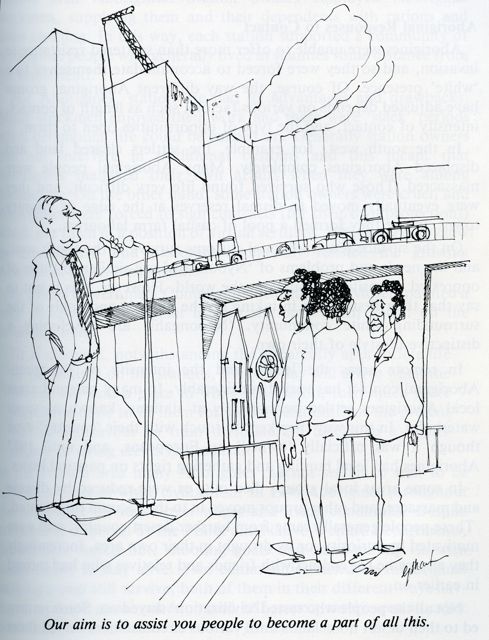“People need wild places. Whether or not we think we do, we do. We need to be able to taste grace and know once again that we desire it. We need to experience a landscape that is timeless, whose agenda moves at the pace of speciation.. To be surrounded by a singing, mating, howling commotion of other species, all of which love their lives as much as we do ours, and none of which could possibly care less about our economic status or our running day calender.”
Barbara Kingsolver wrote these words in the book Small Wonder (2002). I think they give a good partial explanation of the idea that we are only human in contact, and conviviality, with nonhuman lives (David Abram’s phrase).
I’m sure if I was living in a village in the highlands of Papua New Guinea then I would constantly be convivial with other species. But I’d also be living in a world where the light of science doesn’t penetrate, where homophobia, violence, preventable disease and xenophobia are ugly spectres. I don’t really want that.
After reading Tim Flannery’s book Throwim Way Leg recently I’ve been thinking a lot about living in a traditional human society as opposed to living in a modern Western society. Is the answer to live in a Western city like Perth? But what happens to all those urban denizens who think ‘contact with nature’ only needs to be a stroll in a park or a trip to the beach? What happens to them? Perhaps our sense of wonder is dampened down.
Our rural Papuan neighbours to our north know more about wild places, leisure and the warm clasp of the community than we materially rich, longer living and more peaceable Australians down here in the south. They need to experience some development to reduce violence, disease and shine the light of education into their demon-haunted world where almost anything bad that happens is blamed on sorcery. But does Ausaid, Australia’s aid agency, consider that those rural Papuans are doing many things much better than Australia, such as being, at least traditionally, ecoliterate, and alive to the nature of wild places?
